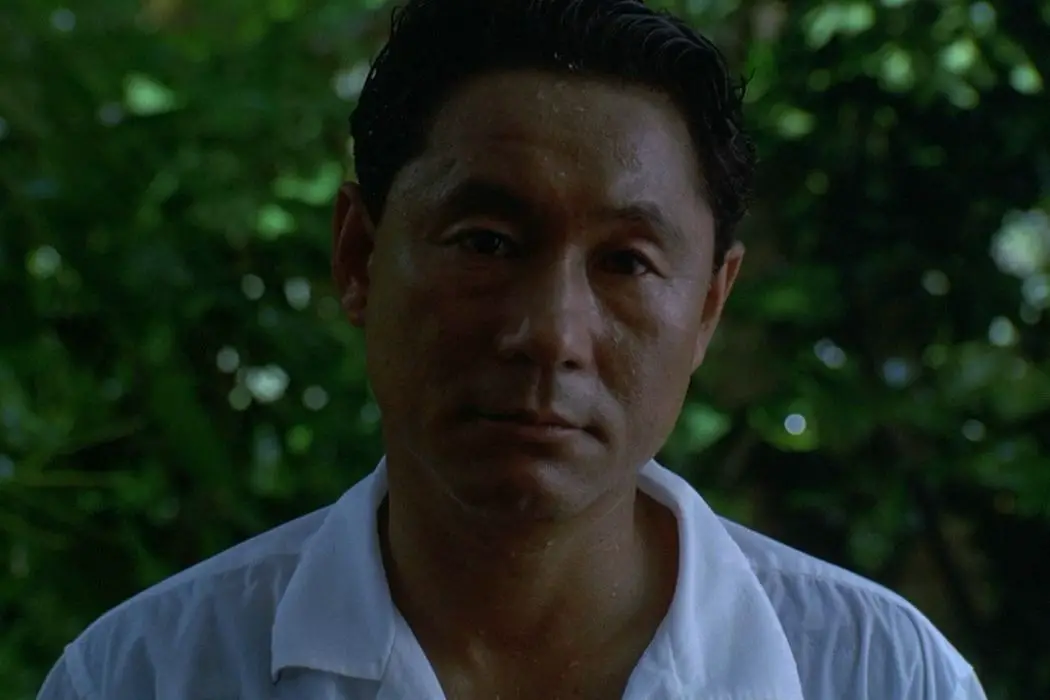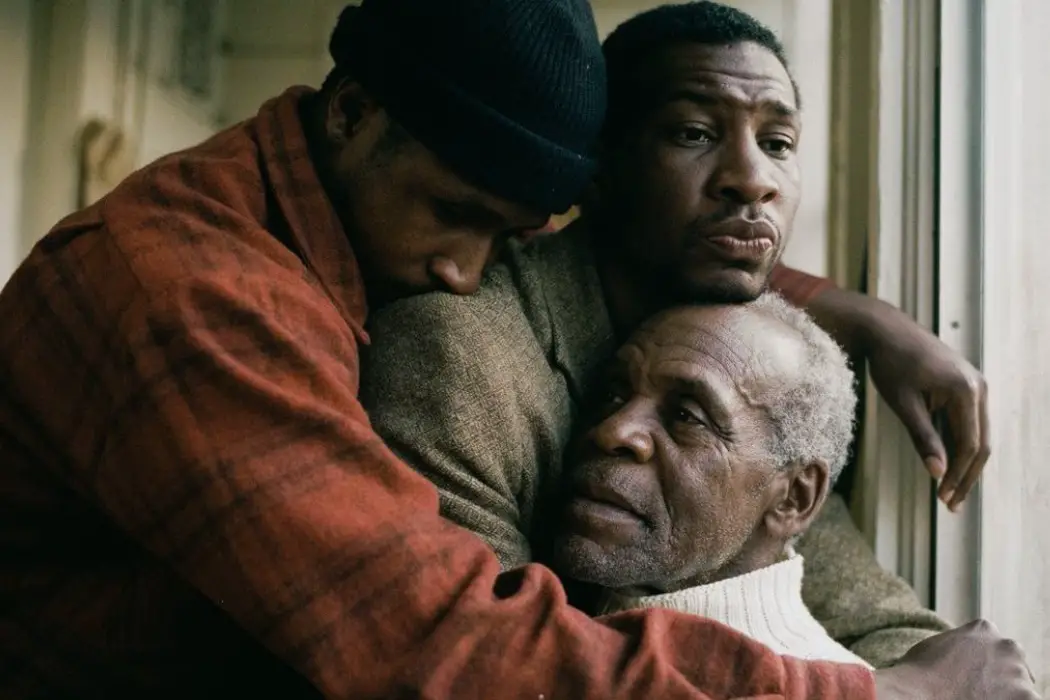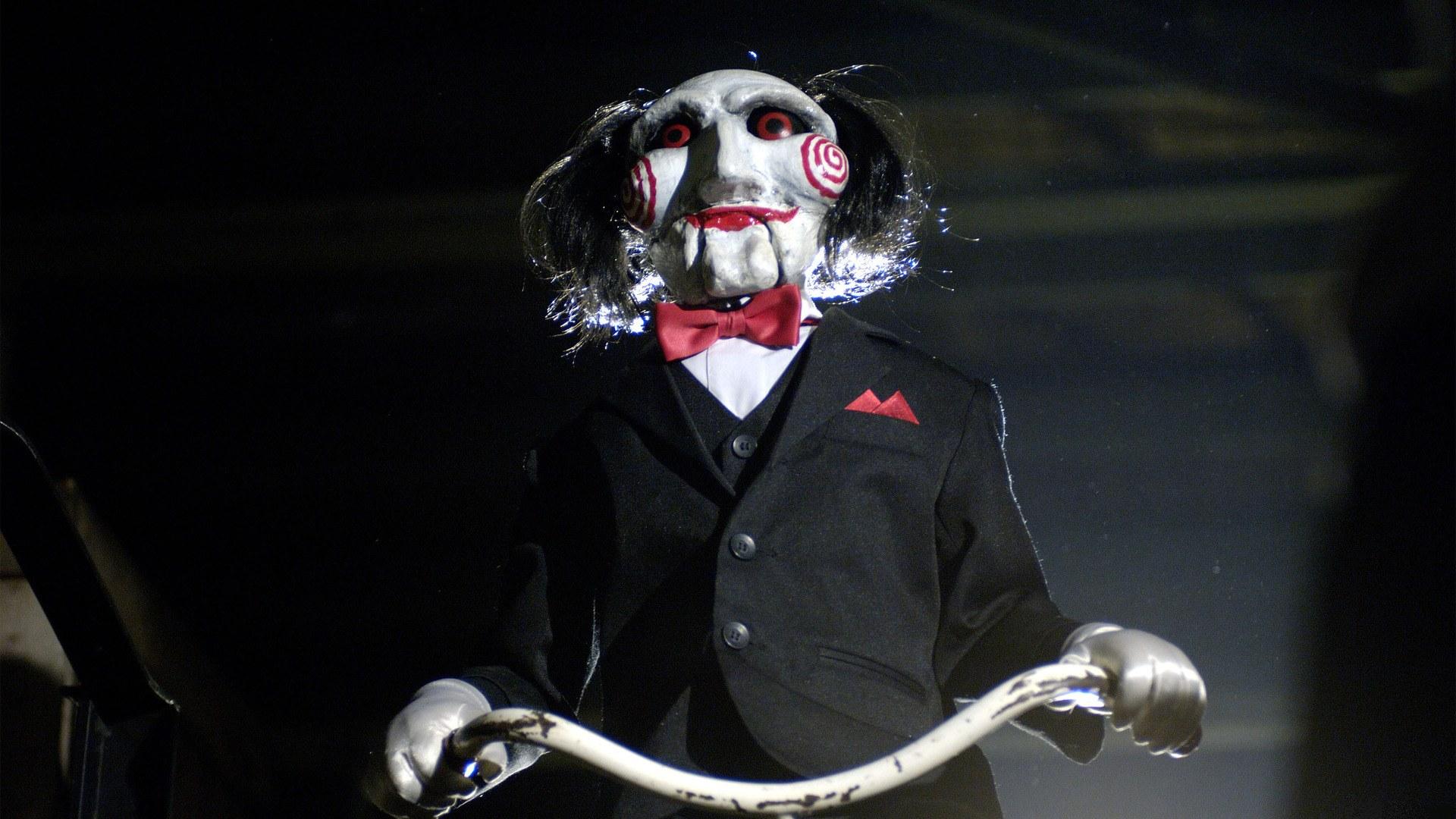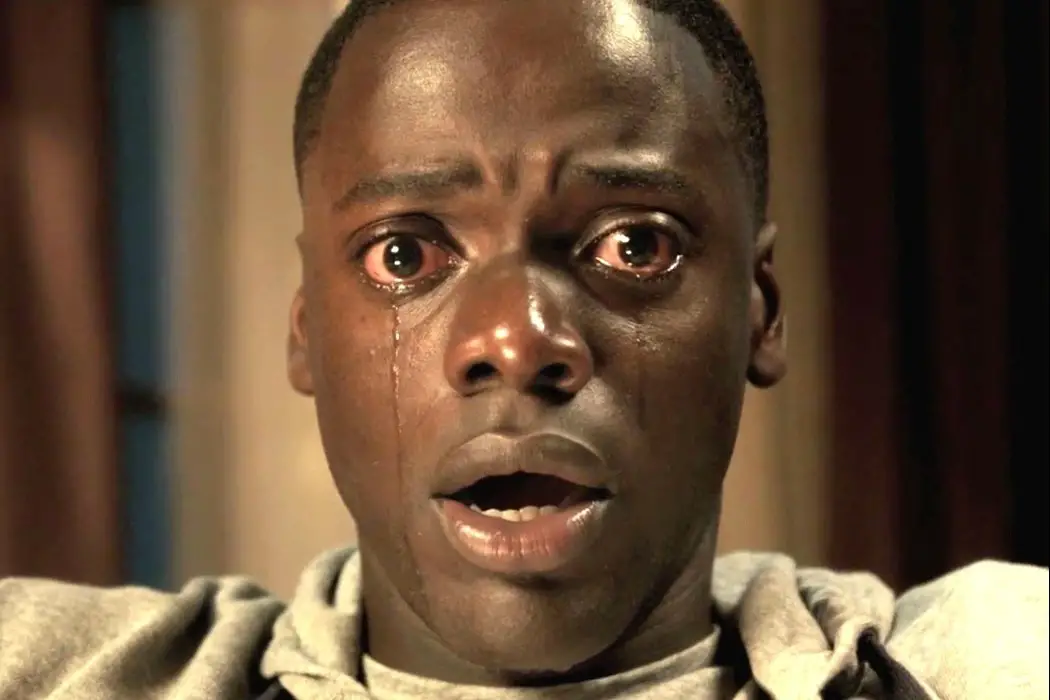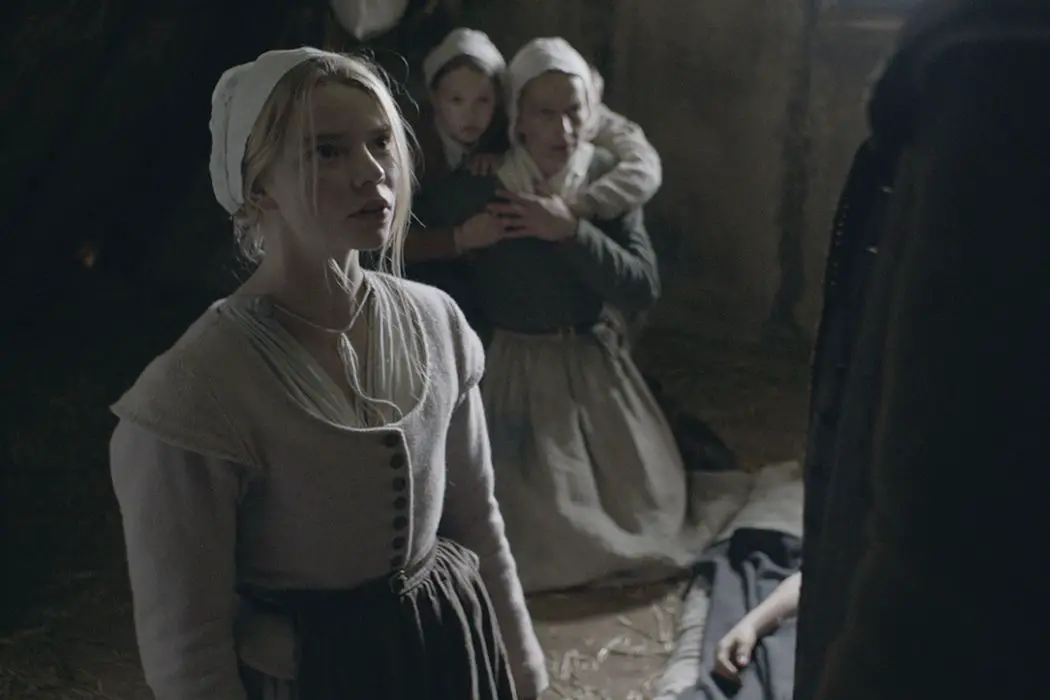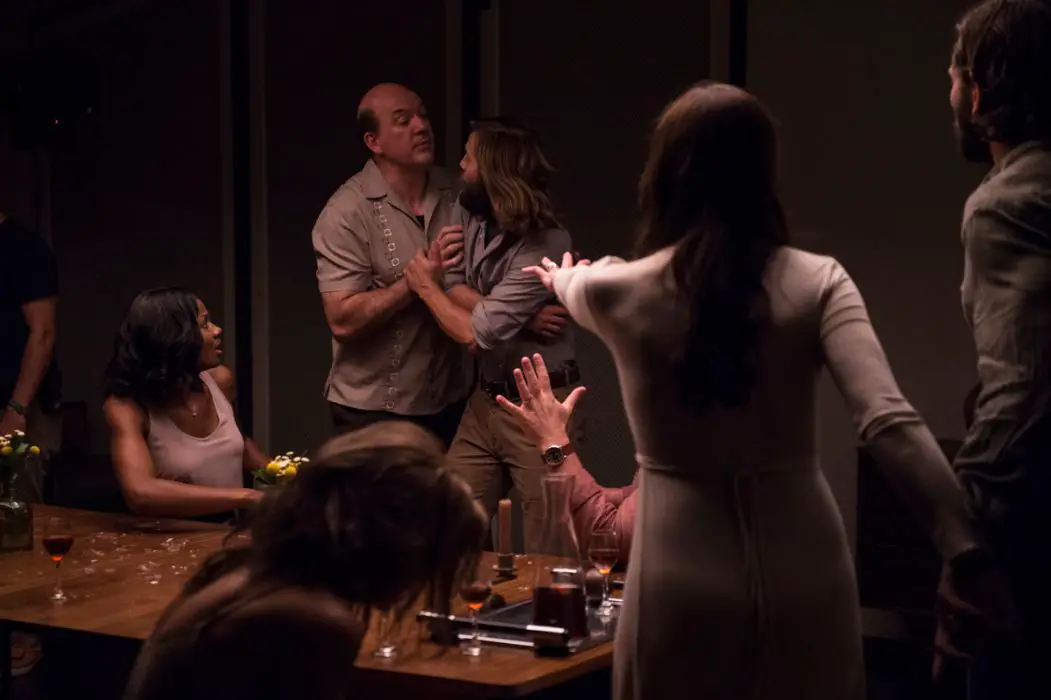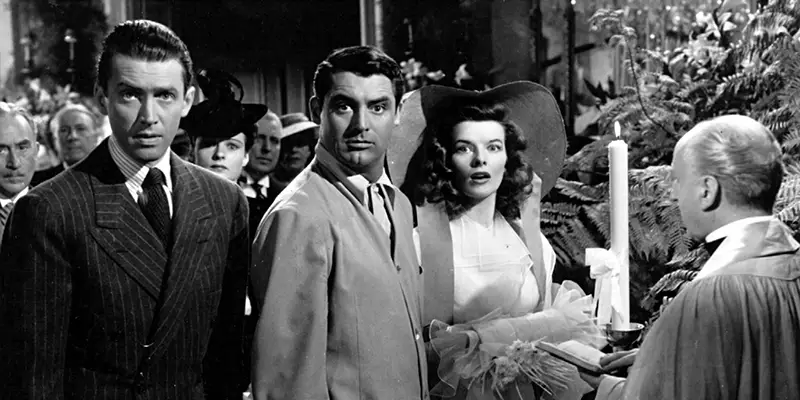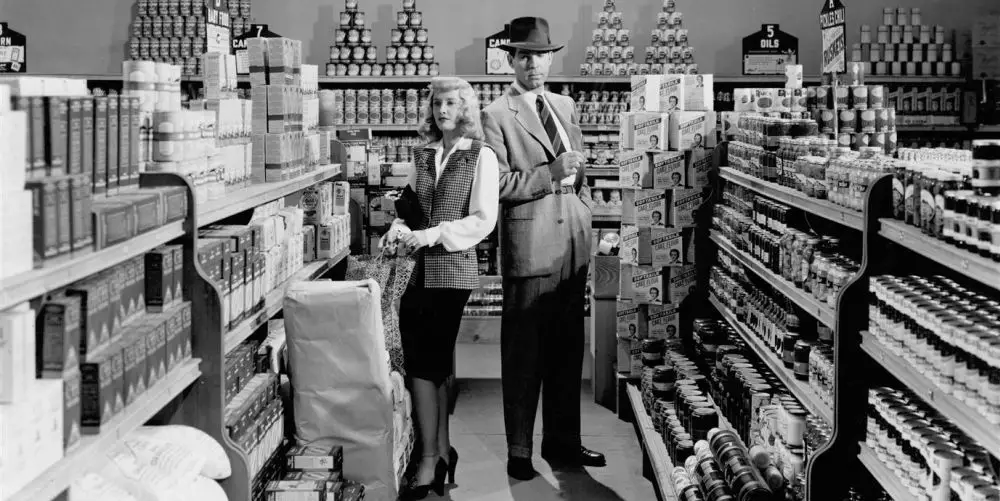genre
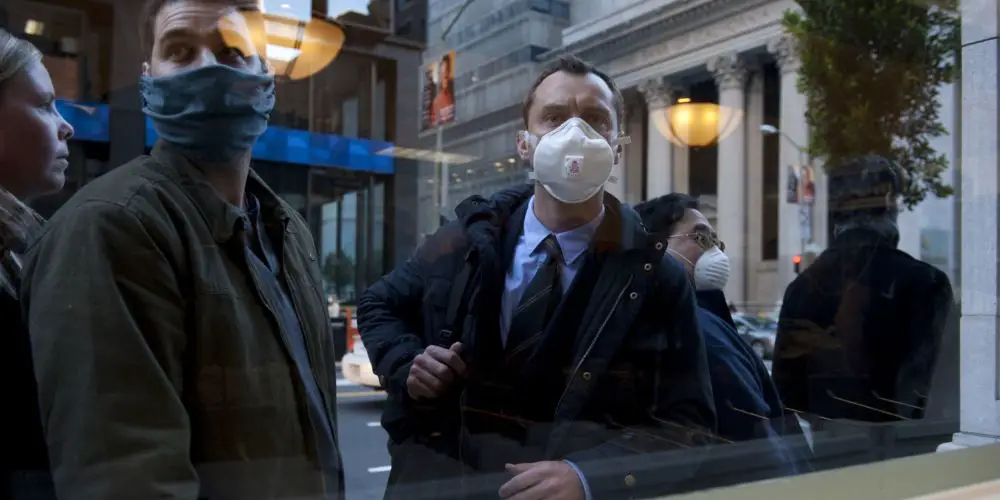
When we think about viruses in cinema, we usually think about them in conjunction with turning us into the undead. Indeed, the stunning alacrity and volume at which Hollywood churns out zombie epidemic films begs us to wonder if we have truly exhausted the “what if?” nature of this particular vein of horror.
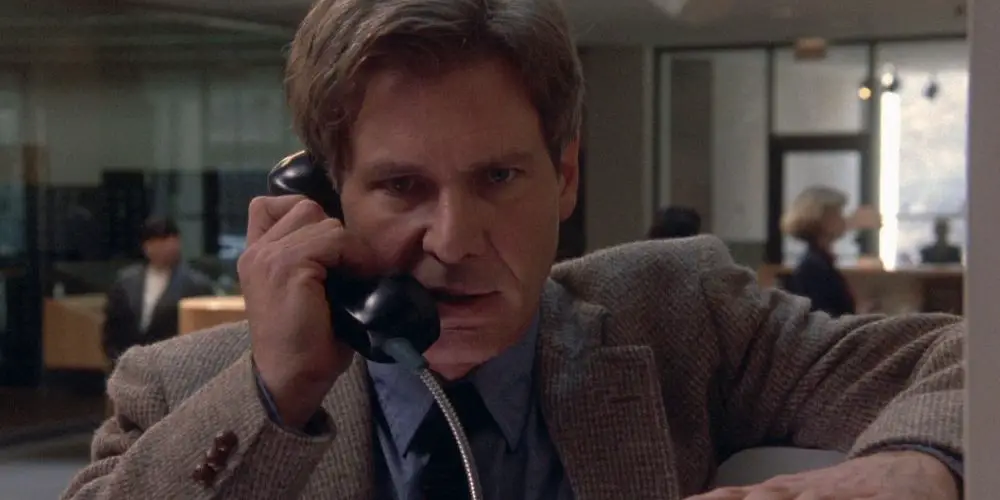
In Andrew Davis’ brilliant 1993 thriller The Fugitive, the filmmakers use a variety of techniques to lead the viewer through the story. They drop hints with color and lighting that viewers are not necessarily trained to consciously notice while they’re watching, and employ a gripping editing style that effectively supports the cat-and-mouse game that embroils the film’s two main characters. Every movie has content, which is what is seen and heard on screen, and what is referred to as form, which is the way in which the film’s creators manipulate that content to their own ends and present it to the viewer.
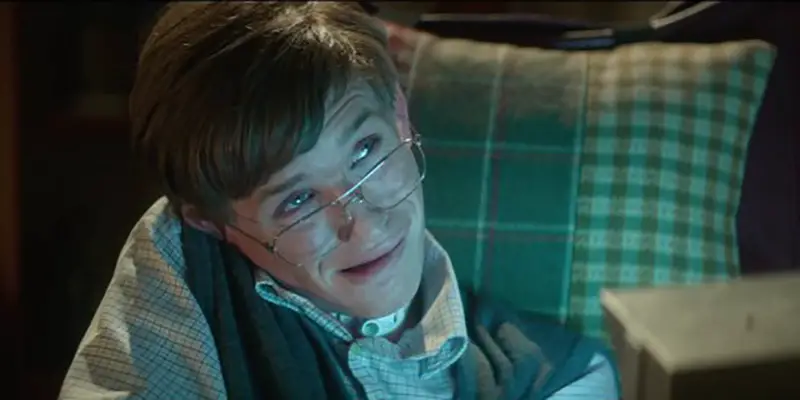
Like all social groups, people with disability have been portrayed in diverse ways in Hollywood, from stereotypical representations in horror to genuine inspirations in melodramas. Disability is represented as a metaphor through imagery or characters’ features, or as a direct subject within the narrative. The entire concept of genre is recycled from elements within society, and the relevant features of each specifically labels the disabled into a certain character type.
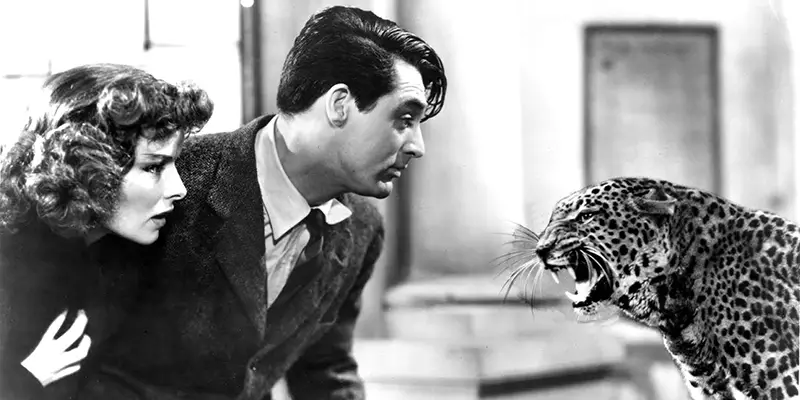
Screwball comedy is a predominantly American film genre popularised during the Great Depression. The golden era of screwball comedy was the 1930s and early 1940s, with hundreds of films being produced and the genre fast becoming one of Hollywood’s most popular. However, from the mid 1940s, evolving circumstances saw it becoming increasingly obsolete, with true screwball comedies beyond the 1960s being few and far between.
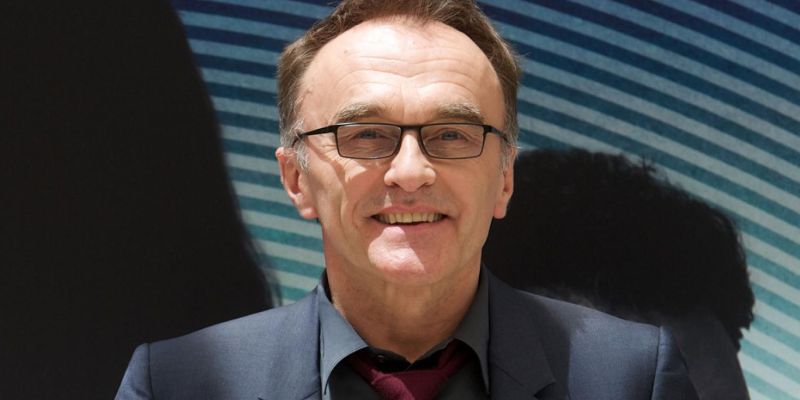
Since breaking out with Trainspotting 20 years ago, director Danny Boyle has proven himself to be one of the UK’s most diverse filmmakers. Growing up in Greater Manchester, UK, in a working class Irish Catholic family, Boyle spent eight years as a choir boy and intended to join the Priesthood, deciding against it at the age of 14. He went on to study English and Drama at Bangor University and began his career in theater in the 1980’s.


